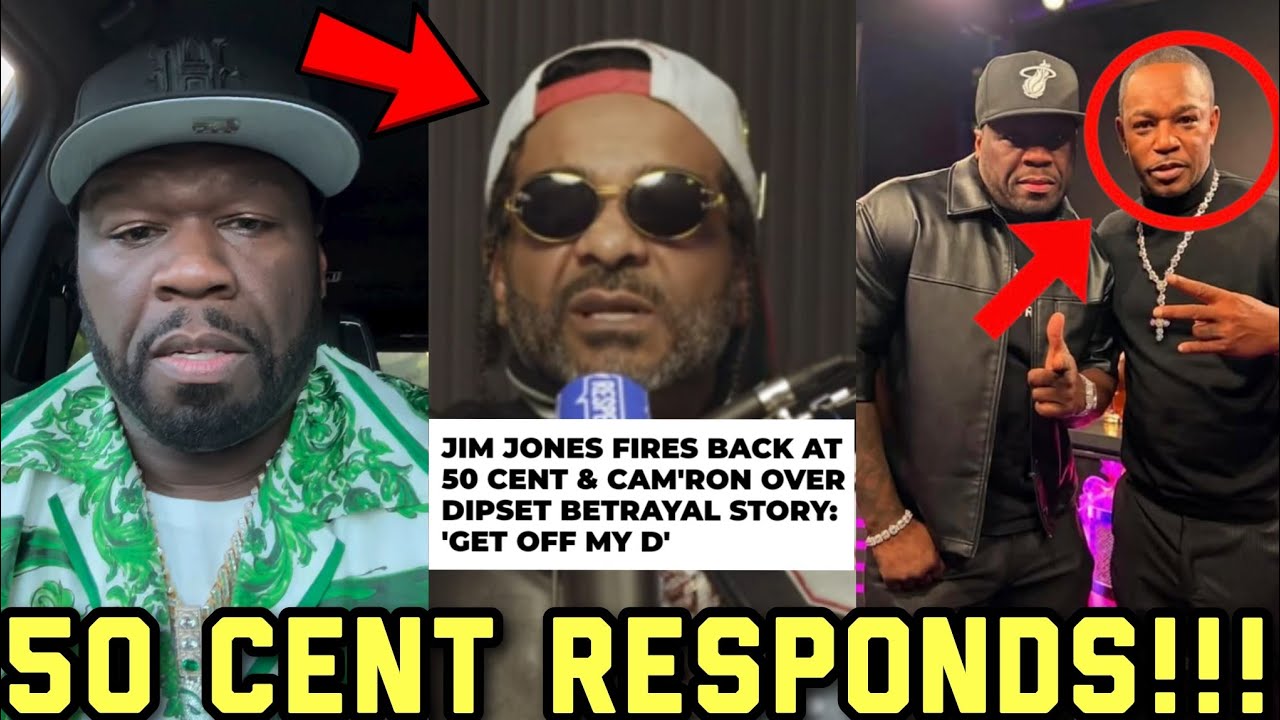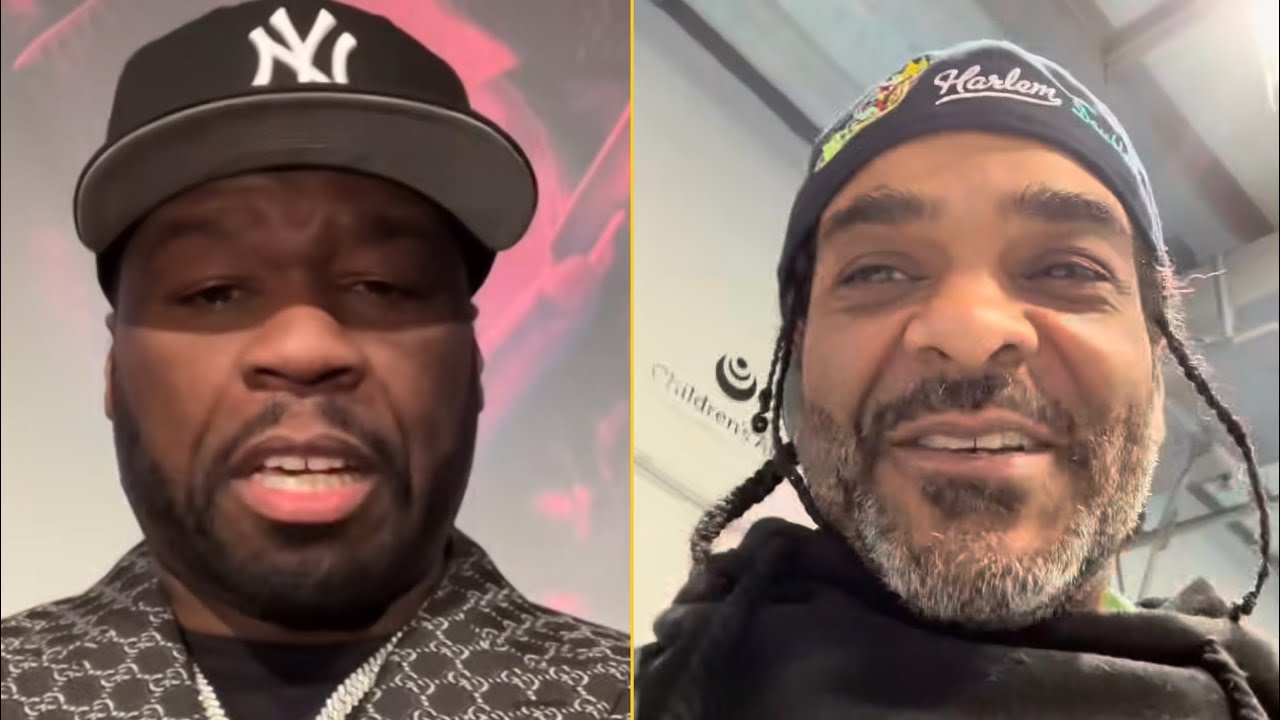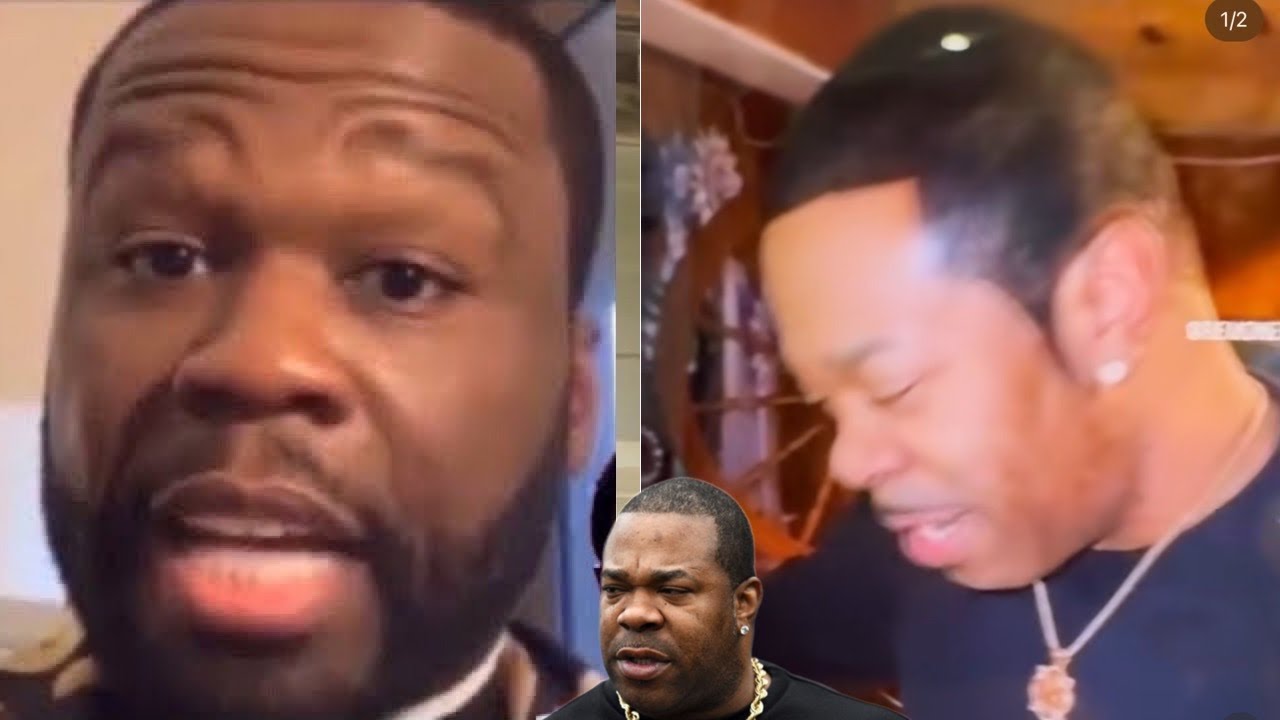In a recent interview, Bleu Davinci, a notable figure in the Black Mafia Family (BMF) saga, shared insights into the complexities surrounding the group’s rise and the dynamic relationships between its key players, particularly Young Jeezy and Rick Ross. Bleu, who was closely involved with BMF during its peak, expressed his views on how these relationships shaped the narrative of the group’s legacy.

Bleu recounted the early days of BMF when the group was ridiculed for their flamboyant lifestyle in Atlanta. Despite external skepticism, they were determined to carve out a brand that resonated with power and influence. However, Bleu pointed out that the financial benefits of the BMF brand have not flowed back to its original members, including Big Meech, the group’s leader. He noted that much of the revenue generated from BMF-related ventures has largely bypassed those who were integral to its operations, including himself.
A pivotal moment in the narrative was the fallout after a shooting incident in Atlanta, which led to Big Meech’s arrest. Following the incident, Meech instructed BMF members to return to their respective states, causing a significant disruption in their operations. During this tumultuous period, Bleu was involved in a high-stakes studio session in Los Angeles, where he encouraged Jeezy to continue recording music despite the chaos surrounding them.
Bleu also discussed the pivotal relationship that developed between Jeezy and Big Meech during the latter’s house arrest. As Meech was unable to move freely, Jeezy began to fill that void, leading to a close friendship that would ultimately benefit Jeezy’s career. Bleu alleged that during this time, Jeezy signed lucrative record deals without involving Meech or himself, leaving them feeling sidelined. Bleu expressed disappointment that Meech did not communicate the significance of these deals, which ultimately shifted the power dynamics within the BMF narrative.
The discussion also touched on Rick Ross, who Bleu claimed capitalized on the BMF brand with his hit song “BMF.” Bleu argued that Meech’s approval of the song and its subsequent success highlighted a missed opportunity for BMF members to receive financial recognition from the lucrative enterprise. He lamented that, unlike other iconic brands, BMF has not secured any contractual agreements that would allow its original members to benefit from its continued cultural relevance.
Bleu’s reflections reveal a complex tapestry of loyalty, ambition, and missed opportunities within the BMF narrative. While he acknowledges the success of Jeezy and the influence of the BMF brand in the music industry, he remains critical of the decisions made by those at the helm, particularly regarding financial arrangements and recognition for the original members who helped build the legacy.
As the BMF saga continues to unfold, Bleu Davinci’s insights provide a compelling perspective on the intricacies of power, influence, and the often-overlooked contributions of those who played pivotal roles in shaping the narrative of one of hip-hop’s most notorious families.





